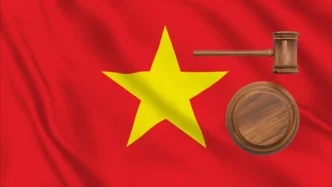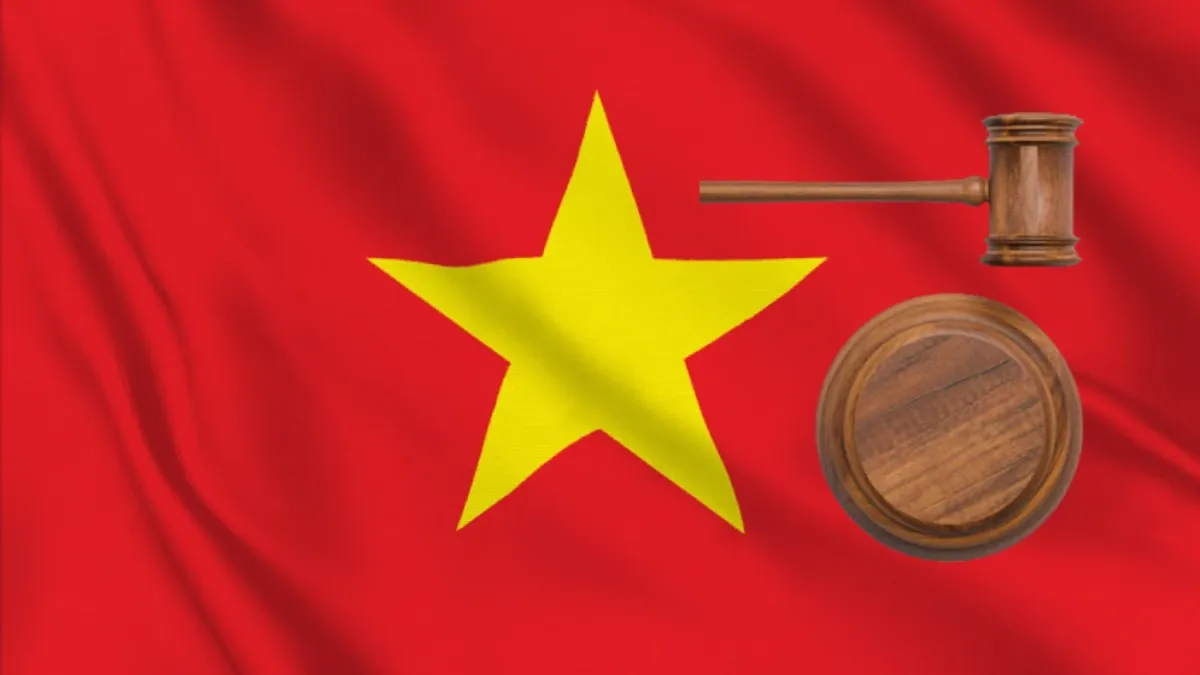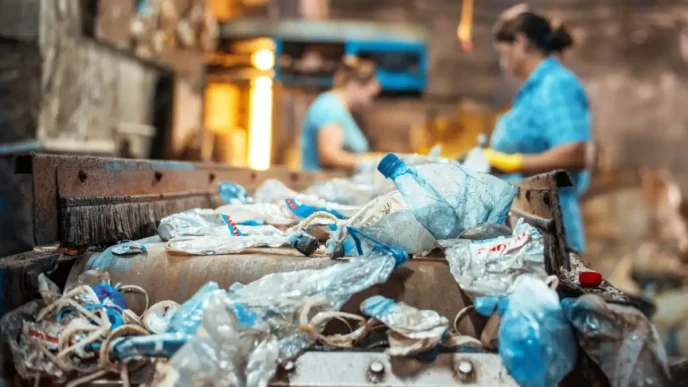Vietnam has embarked on a transformative overhaul of its criminal justice system by amending its Penal Code to abolish the death penalty for eight offenses, effective July 1, 2025. Ratified by the National Assembly on June 26, 2025, this landmark decision spares the life of Truong My Lan, a real estate tycoon sentenced to death in 2024 for her role in a $12.54 billion corruption scandal. The reform reflects Vietnam’s cautious steps toward aligning with international human rights standards while preserving its sovereign approach to justice. It also reignites debates about the proportionality of capital punishment for non-violent crimes like fraud, which in many countries would warrant imprisonment rather than execution. As Vietnam navigates this delicate balance, the changes signal a potential shift in how the nation addresses economic crimes and systemic challenges.
Amendments and Their Immediate Impact
The National Assembly’s amendments eliminate the death penalty for eight offenses: embezzlement, bribery, espionage, illegal narcotics transportation, sabotaging state infrastructure, and actions aimed at overthrowing the government, as reported by the state-run Vietnam News Agency on June 26, 2025. These crimes will now carry a maximum penalty of life imprisonment. A transitional provision ensures that individuals sentenced to death for these offenses before July 1, 2025, but not yet executed, will have their sentences commuted to life imprisonment. This clause directly benefits Truong My Lan, the chair of Van Thinh Phat, convicted in April 2024 for embezzling 304 trillion Vietnamese Dong (approximately US$12.54 billion, based on the exchange rate from XE.com on June 27, 2025). Lan’s scheme involved 2,500 loans through thousands of shell companies, secretly controlling Saigon Commercial Bank and causing $27 billion in losses from 2012 to 2022, prosecutors alleged. Her death sentence, upheld in December 2024, will now be reduced to life imprisonment, a Vietnamese lawyer confirmed to Reuters on June 26, 2025.
Beyond the death penalty reform, the amendments strengthen penalties for other offenses. Minimum prison sentences for environmental violations, food safety breaches, and drug-related crimes have been increased, reflecting public concerns about ecological and health risks. Fines for corruption, environmental crimes, and counterfeit goods production have doubled, signaling a robust stance against systemic issues. These changes aim to deter economic and ecological harm while addressing public demands for accountability in a rapidly developing nation.
Ethical Questions Surrounding Capital Punishment
Truong My Lan’s case has become a focal point for examining Vietnam’s use of the death penalty for non-violent crimes. Her conviction for massive financial fraud, while undeniably damaging, raises ethical questions about the appropriateness of capital punishment. In many countries, such as the United States or European nations, financial crimes like fraud or embezzlement typically result in fines or imprisonment, even for large-scale offenses. For example, high-profile cases like Bernie Madoff’s $65 billion Ponzi scheme in the U.S. led to a 150-year prison sentence, not execution. Vietnam’s historical reliance on the death penalty for economic crimes has been justified as a deterrent against corruption, a pervasive issue in a country undergoing rapid economic growth. However, critics argue that executing individuals for non-violent offenses is disproportionate and risks irreversible miscarriages of justice.
Historical data underscores the controversy. A 2016 Human Rights Watch report estimated that Vietnam executed 429 people between 2013 and 2016, though the government does not release official figures, limiting transparency. The lack of public data fuels skepticism about the fairness of such punishments, particularly when intent beyond financial gain is unverified. If claims of malicious motives in Lan’s case were made, they would require rigorous evidence, as no verified sources confirm such intent. The ethical debate is further complicated by Vietnam’s anti-corruption campaign, which has targeted high-profile figures to restore public trust. Yet, executing individuals for economic crimes may undermine this goal by appearing overly punitive, especially when compared to global norms where life imprisonment is often deemed sufficient.
The reform also prompts reflection on past cases. In the early 2000s, Vietnam executed individuals for fraud and corruption, such as in the 2003 case of a banker convicted of embezzling millions, a sentence that sparked international criticism. The commutation of Lan’s sentence may open the door to reviewing similar cases, though the transitional provision only applies to unexecuted sentences. This selective application raises questions about equity for those already executed for crimes now deemed less severe.
Vietnam’s Evolving Justice System and Global Context
Minister of Justice Nguyen Hai Ninh told the National Assembly that the decision to abolish the death penalty for these eight offenses stemmed from a careful analysis of their severity, the interests protected, and the potential for remediation, according to VietnamNet on June 26, 2025. This reform continues a decades-long trend of reducing capital offenses, from 44 in the 1985 Penal Code to 29 in 1999, 22 in 2009, and 18 in 2015. With only 10 crimes—such as murder, treason, terrorism, drug trafficking, and child sexual abuse—now carrying the death penalty, Vietnam is signaling a shift toward proportionality. However, the retention of capital punishment for these offenses indicates that full abolition remains unlikely in the near term.
Vietnam’s approach reflects a balance between domestic priorities and international expectations. In 2020, it joined 33 nations in supporting a Singapore-led U.N. amendment defending the “sovereign right” to determine legal penalties, though the proposal failed. Public sentiment, as seen in social media posts at x.com is divided: some view the reforms as a progressive step, while others argue that lighter sentences could weaken anti-corruption efforts. Internationally, organizations like Amnesty International have praised the changes but continue to advocate for complete abolition, citing the risk of judicial errors.
Vietnam’s reforms come amid growing global integration, with trade agreements like the Comprehensive and Progressive Agreement for Trans-Pacific Partnership (CPTPP) elevating its economic profile. Reducing the scope of the death penalty may bolster Vietnam’s reputation among international partners, particularly in nations where capital punishment is controversial. However, the government’s commitment to retaining it for serious crimes underscores its prioritization of domestic security and public order.
Looking ahead, the reforms raise critical questions. Will the commutation of sentences like Lan’s lead to a broader review of past executions? How will increased fines and prison terms for environmental and corruption-related crimes impact enforcement? As Vietnam implements these changes, its justice system stands at a crossroads, balancing deterrence, proportionality, and global human rights expectations. The July 1 deadline marks a new chapter, but the path forward will depend on how these reforms translate into practice and whether they inspire further steps toward a more humane legal framework.
















